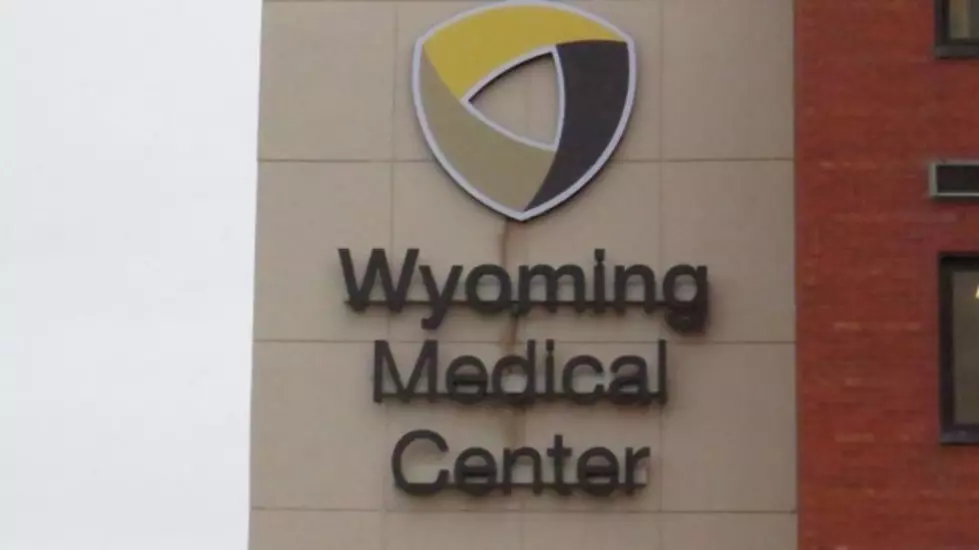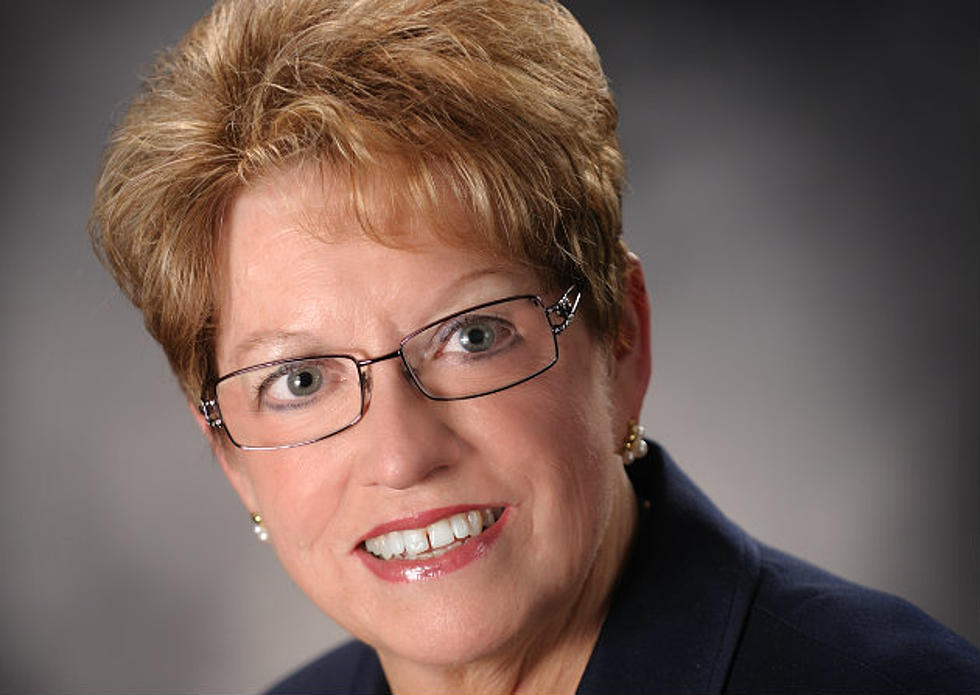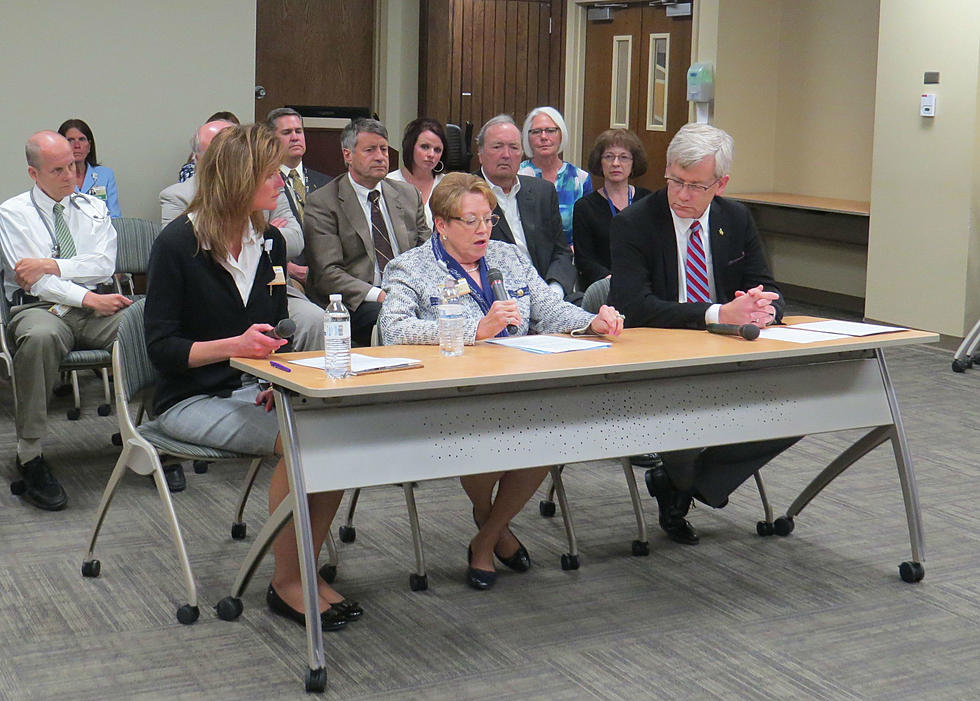
WMC’s Charity, Bad Debt Costs Are Down; But Still Nearly Twice National Average
The Wyoming Medical Center has served more people yet written off far less in uncompensated care this fiscal year than it anticipated, according to a new report.
"The number of patients have gone up, the dollar amount to the uncompensated care has gone down, which is in line with the national trends," said Serena Cobb, chairwoman of the board of trustees of the Memorial Hospital of Natrona County.
At the end of March, or nine months through the 2015 fiscal year, the Wyoming Medical Center wrote off 11.0 percent, or $38.6 million of its gross revenues to uncompensated care, its chief financial officer Yvonne Wigington said.
The amounts written off for bad debt and charity care are about the same. However, the amounts written off for bad debt covered 2,710 patients compared to 8,585 patients who qualified for charity care.
The current percentage is down from 12.2 percent from the 2014 fiscal year and the 12.43 percent of the 2013 fiscal year. The last time the percentage was this low was in 2010 when the percentage was 9.32 percent, Wigington said.
Last year, the WMC projected it would be writing off $44.2 million by the end of March, so it is $5.6 million under its projected losses, she told the trustees. The Natrona County Commission-appointed board oversees the nonprofit Wyoming Medical Center's lease of the county's hospital's assets.
Cobb credited the trend in part to the hospital's efforts to simplify the process for people to apply for charity care. The WMC had a problem with people who could have qualified for charity care, but they didn't bother to apply which meant their bills were written off as bad debt.
While this trend is good, it still doesn't explain why the Wyoming Medical Center still writes off far more uncompensated care as a percentage of its gross revenues than hospitals nationwide, its CEO and President Vickie Diamond said.
The national rate is about 6.8 percent, Diamond said.
The best explanation she and other hospital officials can offer is the effect of states expanding their Medicaid programs, which has been one of the aspects of the Patient Protection and Affordable Care Act.
"In the states that have Medicaid expansion, the uncompensated care is decreasing in the states that have had good responses," Diamond said.
More From K2 Radio









